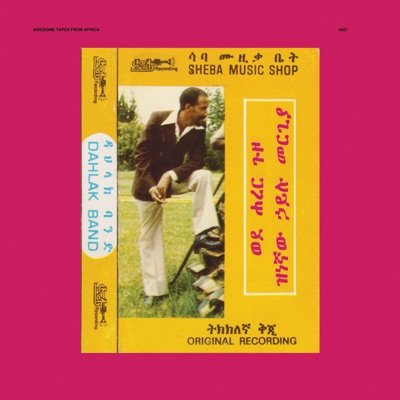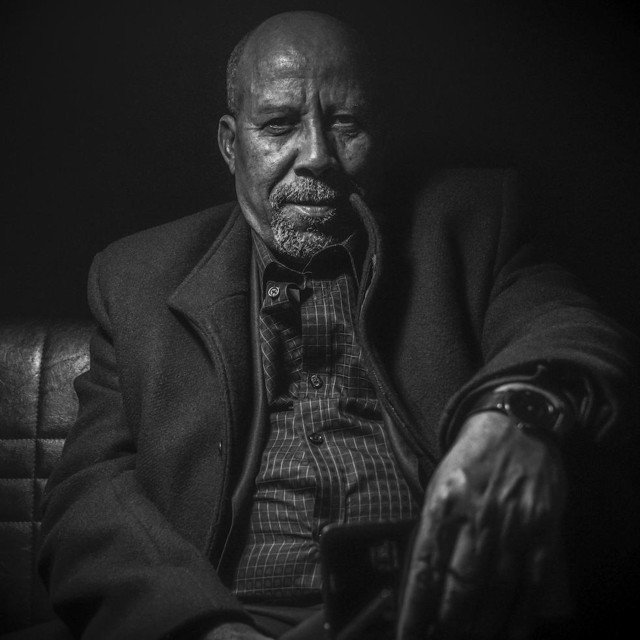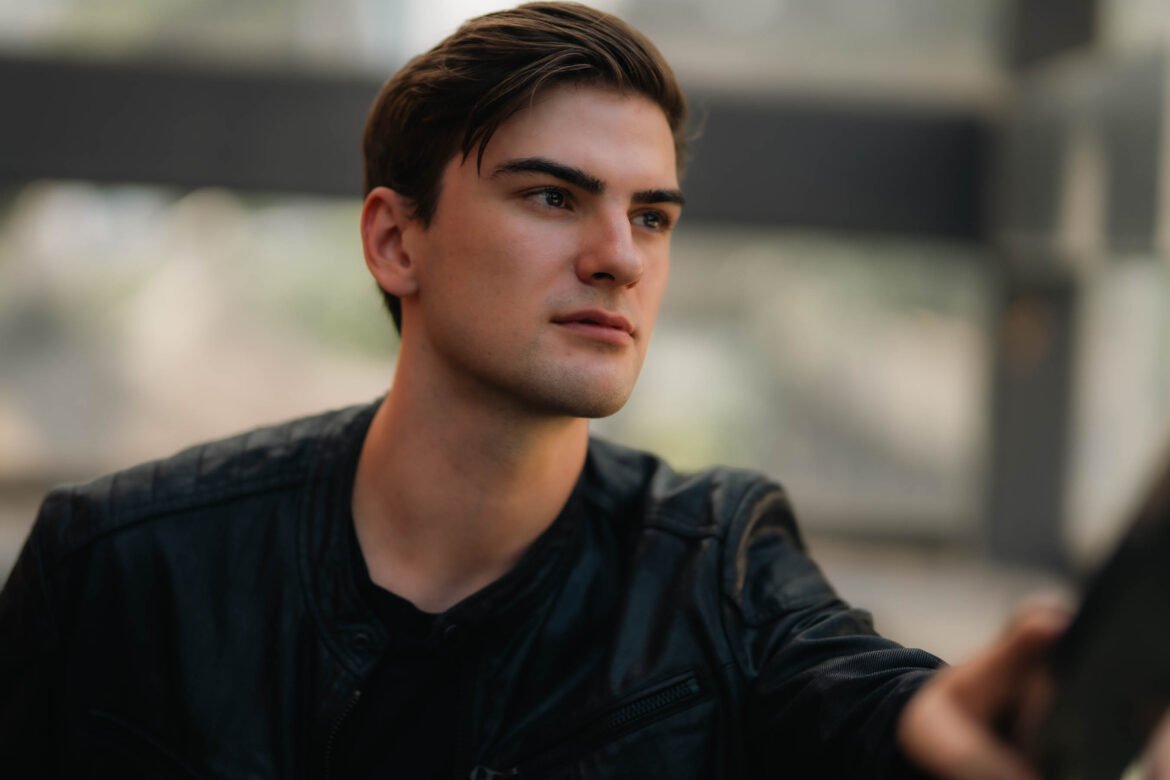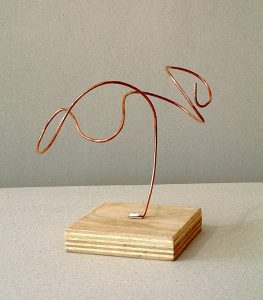“Music is the literature of the heart, it commences where speech ends.” On today’s topic of what jazz song should you listen to, we will be talking about the song Anchin Kfu Ayinkash, by Hailu Mergia. Music as we might know plays a big role in everyone’s lives. I personally listen to music whenever completing mundane tasks as it fills me with a sense of purpose. Hence the statement “music is food for the soul” holds true. It’s a frequency in which souls can intertwine transcending beyond language and culture. Simply put, it’s essential. Now you must be wondering why I chose this jazz song specifically. Buckle up for a history lesson as we’re about to go down an exciting rabbit hole.
Mergia played the keyboards In the Ethiopian jazz and funk band Walias Band, which had a loud polyrhythmic funk sound. The song was born during a time in Ethiopia when music was only allowed if the lyrics contained words praising and or agreeing with the government. In the face of oppression, Mergia acknowledged one way around censorship was to create instrumentals to bypass strict protocols of the government.

The track was recorded in 1978 at Ghion Hotel, Addis Ababa. Part of the Wede Here Guzo album, the track starts off with an upbeat tempo with the sound of an accordion being the main instrument. Soft guitar strums accompany the sound of an accordion which crescendos into sublime riffs. The introduction then blends into what seems like a chorus of enchanting sounds. What I enjoy the most about this track is how unfamiliarly nostalgic it feels. It’s hard for the listener not to feel entranced.

Anchin Kfu Ayinkash, by Hailu Mergia https://www.youtube.com/watch?v=CU9n63ANaEc
The first time I heard it I imagined myself on a beach in Hawaii even though I’ve never been there. It plays with motifs similar to Lilo and Stitch’s soundtrack, I Will Love You Always, with its constant dreamlike melodies. Compositionally speaking the tempos combined with the nostalgic almost melancholic melodies of the accordion brings a sense of wonder. Between the instrumentals playing in the background, and the accordion’s prominent sounds, I can’t help but feel like a child drifting into dreamlike slumber.
Ethiopian-style jazz solos are still heard on either his accordion or the keyboard despite the track’s experimental approach. For this reason, several have described the music as psychedelic.The Washington City Paper calls the album a “thoroughly psychedelic interpretation of traditional acoustic Ethiopian music”.
Although recorded almost 40 years ago, the album was actually released in 2016. This is particularly interesting to me as the song acts as an homage to the fight for musical freedom, in 1970s Ethiopia. In a way, it foreshadows the musical freedom we have now as the
entire album is accessible for everyone via streaming platforms. A freedom we tend to take for granted.

The track is brilliant – simple yet impactful – with its admirable path of resistance it entails. A reminder that music transcends beyond voices or speech. The track is proof that music has the power to enlighten us even in the bleakest of moments. It’s a home for us to come back to despite our different backgrounds. It’s a gentle reminder for humanity look into the past every now and then – that we are one immovable human spirit.





Leave a Reply